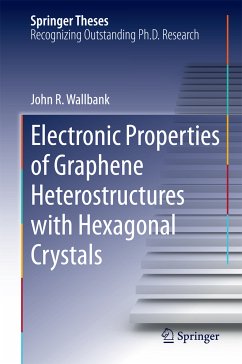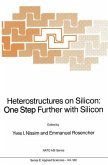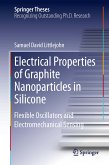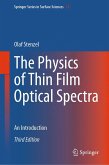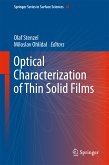The last decade has witnessed the discovery of, and dramatic progress in understanding the physics of graphene and related two-dimensional materials. The development of methods for manufacturing and aligning high-quality two-dimensional crystals has facilitated the creation of a new generation of materials: the heterostructures of graphene with hexagonal crystals, in which the graphene electrons acquire new, qualitatively different properties. This thesis provides a comprehensive theoretical framework in which to understand these heterostructures, based on the tight binding model, perturbation theory, group theory and the concept of the moire superlattice (all of which are elucidated). It explains how graphene heterostructures provide new opportunities for tailoring band structure, such as creating additional Dirac points or opening band gaps, and how they manifest themselves in transport measurements, optical absorption spectra and the fractal Hofstadter spectra. Also considered are the heterostructures of bilayer graphene and resonant tunneling in aligned graphene/insulator/graphene devices.
Dieser Download kann aus rechtlichen Gründen nur mit Rechnungsadresse in A, B, BG, CY, CZ, D, DK, EW, E, FIN, F, GR, HR, H, IRL, I, LT, L, LR, M, NL, PL, P, R, S, SLO, SK ausgeliefert werden.

